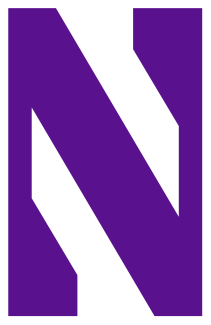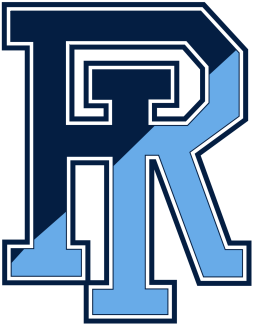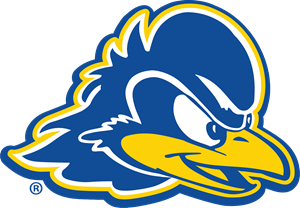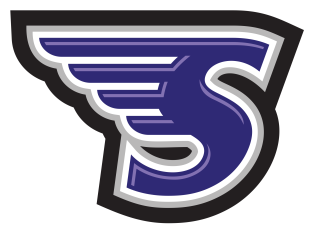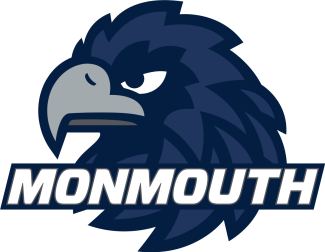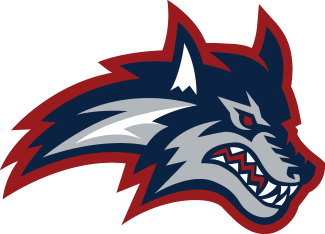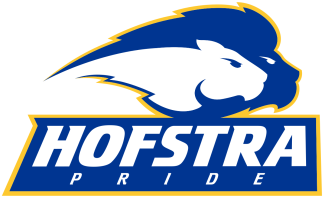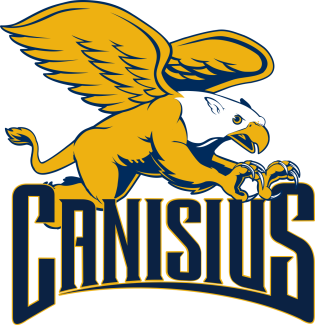Some of the best coaches I have had, as my fellow Philadelphian, Rocky, would say, were “not all sunshine and rainbows.” While I may not have liked what they had to say at the time, I look back on many of my experiences and can see with clarity that they were challenging us to rise to our potential.
In 2005, I was a junior captain at Maryland in a routine pre-practice meeting with coach Dave Cottle when he nonchalantly mentioned testing one of the younger players’ response to adversity. When we got out on the field, I forgot what he said, but noticed him ripping into one of our freshmen. Even when the player made a good play, Cottle found a way to point out a mistake. Although the player got frustrated, he kept his head down and kept working hard to make the next play, getting better throughout practice.
Joe Cinosky went on to become a two-time All-American, the leader of the Terps’ defense and recently finished an illustrious professional career. I firmly believe Coach Cottle’s tough-love technique for challenging Joe (and others) to overcome adversity played a big part in his (and Maryland’s) success.
Yet sometimes, it is support and positivity that is required from coaches. Keith Heinrichs was my high school basketball coach at Ridley High School, and while his passion burned just as bright as Coach Cottle’s, I’ll never forget his encouragement and presence as I learned to walk again after brain surgery in 2014.
This ability to demand the most from us while giving back fully in times of need is what makes great coaches stand out. By helping, and sometimes forcing, me to grow as a player, I grew as a person and set a foundation for overcoming obstacles in life.
It is the responsibility of the coach to challenge players and to prepare them for the next obstacle they will face. It is the responsibility of the player to accept and rise to those challenges.
Thanks coaches.
This article appears in the July/August edition of US Lacrosse Magazine. Don’t get the mag? Join US Lacrosse today to start your subscription.







